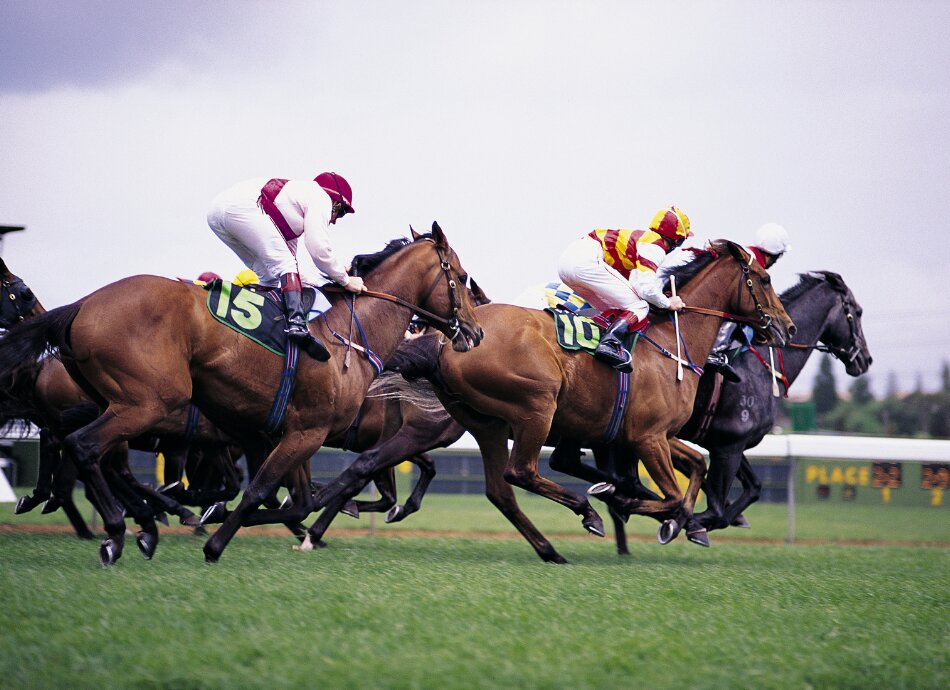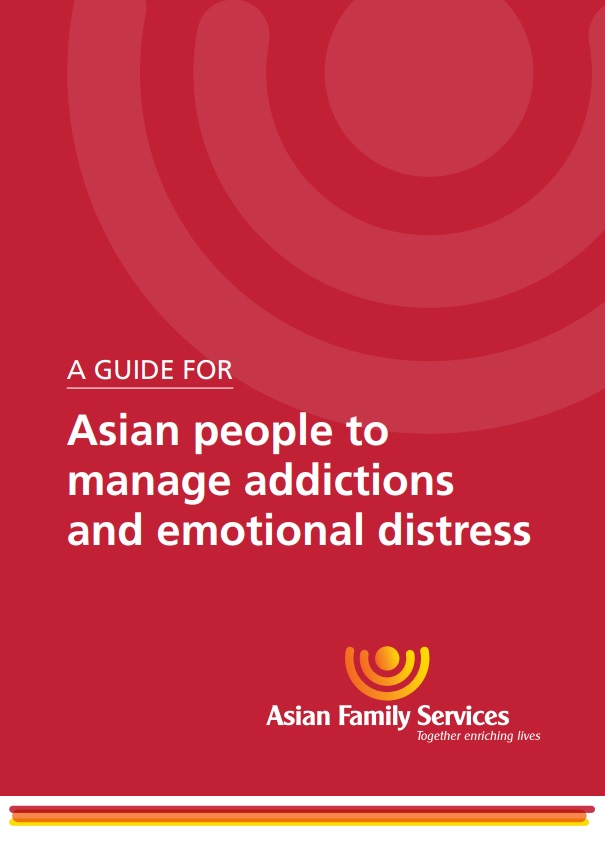Gambling overview
Key points about gambling
- Many New Zealanders enjoy buying the odd Lotto ticket, playing the occasional pokies game or having a day out at the races.
- However, for some people, gambling becomes addictive and causes problems for their whānau, finances, work and friendships.
- You are particularly at risk if you use pokie machines, gamble online or go to the casino often.
- If you, or a loved one, are having problems with gambling there are places you can go for advice and support.

- Gambling is addictive so it can easily get out of hand. It can harm you in many ways – it can lead to ill health, emotional and psychological distress, financial harm, poor performance at work or study, relationship problems and crime.
- Because gambling is an addictive behaviour, it’s really hard to stop on your own. Get help before things get worse for you and your family. Don’t wait and think it will get better because it’s very unlikely to do so without help.
- Losing face and not wanting to admit to gambling addiction is a common problem. It's important that you seek help with a trained counsellor before it gets out of hand.
- Often people who gamble are also affected by other mental health issues, such as anxiety and depression, so you may need help with these too.
- Gambling also hurts other people close to you. Every gambler affects between 5 and 10 other people. If you live with someone who gambles, it’s important that you also get help and support for yourself.
Video: Inside the brain of a gambling addict
This video may take a few moments to load.
(BBC News, UK, 2016)
Gambling causes a lot of harm to members of our society in New Zealand, not only to those who do the gambling, but also to their family, whānau and friends.
- Statistics suggest that New Zealanders spent more than $2.6 billion in the 2020/2021 year, with almost a billion of this spent on pokie machines.
- In 2018, an estimated 76,000 New Zealanders aged 15 years and older were at moderate to high risk of harm from gambling. A further 142,000 people were at low risk of harm but with potential risk of further problems in the future.
- The total burden of harm to gamblers is greater than common health conditions such as diabetes and arthritis and is close to the level of harm caused by anxiety and depressive disorders.
- Cultural beliefs and superstitions, migration, underemployment and acculturation issues are known contributory factors to problem gambling among Asian people.
- Migration to New Zealand, religious and church factors, poor health status and drinking alcohol are correlated to uptake of gambling among Pacific people.
- People who regularly use pokies or regularly bet on sports/racing and are more likely to be at risk.
- Half (49%) of those who use pokie machines in pubs or clubs at least monthly may experience some harm from their gambling.
- One-in-four people (26%) who bet on sports or racing events at least monthly may also be experiencing some harm.
- Over 520,000 (13%) New Zealand adults (aged 15-years and over) took part in online gambling in 2018.
- In 2018, 1 in 5 (20%) gamblers gambled online in the previous 12 months. The most common form of online gambling was buying a Lotto New Zealand product.
- Online gamblers are over twice as likely to be at-risk of some level of gambling related harm compared to gamblers who did not gamble online.
Find out more about how much gambling harms New Zealanders at Safer Gambling Aotearoa.(external link)
Video: Myths
Check out these gambling myths. This video may take a few moments to load.
(Problem Gambling Foundation, NZ, 2009)
- Chasing your losses by trying to win back money you’ve already lost.
- Finding that when you stop gambling, you’ve run out of money.
- Trying to win money or borrow money to pay your debts.
- Hiding your gambling from your partner, family, relatives, friends, teachers and colleagues.
- Feeling guilty about your gambling.
- Losing track of time.
- Spending more on your gambling than you wanted to and needing to gamble with more money to get the same feeling of excitement.
- Lying how much money you are spending on gambling and how often you are gambling.
- Gambling because you feel stressed or lonely.
- Feeling regret after gambling.
- Feeling depressed or anxious after a gambling session.
- Borrowing money.
- Losing interest in other stuff.
- Receiving criticism in the past for gambling.
- Gambling having negative effects on your health, such as stress, anxiety, headaches or sleep disturbance.
Problem Gambling Foundation of NZ online test(external link)
Test Your Gambling, Safer Gambling, NZ online test(external link)
Canadian Problem Gambling Index online test(external link) in traditional Chinese and simplified Chinese
If you think you might have a problem with gambling, getting support can help you understand why you gamble. You can learn new strategies that help you to change your behaviour. You can also get financial counselling and help with any mental health issues if you need that. Support is available for your family, whānau and friends who have been affected by your gambling.
Sometimes people are reluctant to talk to their doctor about their gambling as they don’t see it as a health issue, or because they feel shame, do not want to lose face or the stigma of having a problem with gambling. However, you can safely talk to your GP or another primary healthcare provider such as a counsellor or psychologist. Your GP can also refer you to a counsellor, psychologist, or psychiatrist for specialist assessment and help.
You can also phone one of the helplines in the sidebar. The people there are experts in helping people who have problem gambling. You can speak to them anonymously so that no-one knows who you are.
Video: What's gambling really costing you?
A doctor and a counsellor describe the effects of problem gambling and the free, confidential and professional services available to help problem gamblers regain control of their lives. This video is in Chinese with English sub-titles.
(Gambling Help NSW, AU, 2012)
While getting help is strongly recommended, you can try the following steps to help you limit the harm your gambling causes you and your loved ones.
- Limit the amount of money you spend gambling, for example, by taking only cash.
- Telling the casino to bar you from going in there (self-prohibition).
- Reduce the number of times and days that you gamble.
- Don’t view gambling as a way of making money.
- Spend time doing other activities, such as spending time with your family, working, studying, taking up a hobby and socialising with others.
Apps reviewed by Healthify
You may find it useful to look at some Problem gambling apps.
Videos – Watch these some stories from people who have lived with gambling harm or worked
Video: Gabriel's story
Gabriel describes how gambling became an escape for other things in his life.
(Choice Not Chance, NZ, 2014)
Video: Katoni's story
Katoni explains how some people can reduce harmful gambling without having to stop gambling.
(Choice Not Chance, NZ, 2014)
For more videos of the same series, visit Real life stories(external link) (Choice Not Chance, NZ)
Video: Leigh's story
(Gamble Aware NSW, Australia, 2021)
Video: A Gambler's Story
(Safer Gambling Aotearoa, NZ, 2017)
Video: Bright lights – what one woman's 25-year gambling addiction really cost
(The Guardian, UK, 2021)
Video: Chris Murphy – my gambling addiction story
(Leeds and York PFT, UK 2019)
Video: Alfred shares his gambling story (Cantonese with English subtitles)
Alfred tells the story about how gambling affected his life, and about the services that are available to help problem gamblers regain control of their lives.
(Gambling Help NSW, AU, 2013)
Video: The fall and rise of a gambling addict
This is a shocking story of how a free £5 bet led to a full-blown addiction to online gambling, and how someone who had it all could loose everything, including his job, family and home, and then find hope and restoration.
Justyn Rees Larcombe shares his wisdom for those who may be struggling with secret habits, compulsions and addictions of all types. This video may take a few moments to load.
(TedX Talks, 2017)
Minimising gambling harm – spending more on the pokies than you wanted?(external link) Health Promotion, NZ, free brochures in English(external link), te reo Māori(external link), Chinese(external link), Tongan(external link), Samoan(external link), Hindi(external link) and Korean(external link)
How pokies work(external link) Safer Gambling, NZ
How Lotto works(external link) Safer Gambling, NZ
Signs of gambling harm(external link) Problem Gambling Foundation, NZ
Apps
Brochures
A guide for Asian people to manage addictions and emotional distress(external link) Asian Family Services, NZ, 2018 Available in the following languages: English(external link), Chinese(external link), Hindi(external link), Korean(external link)
Safer gaming – a guide for parents(external link) Problem Gambling Foundation, NZ
Gambling, alcohol and drugs [PDF, 544 KB] Matua Raki & Te Pou, NZ Available in the following languages: English/Simplified Chinese [PDF, 506 KB], English/Traditional Chinese [PDF, 544 KB]
References
- Measuring the burden of gambling harm in NZ(external link) Ministry of Health, NZ, 2017
- Know the signs(external link) Safer Gambling, NZ
- The impact of gambling and problem gambling on Asian families and communities in NZ(external link) Uniservices, University of Auckland, NZ, 2012
- Wong, J. The face of Chinese migrants' gambling – a perspective from NZ(external link) . Journal of Gambling Issues, 2003, October, 9
- Li, W. Understanding Chinese international students' gambling experiences in NZ(external link) Master’s thesis, University of Waikato, NZ, 2007
- Annual gambling expenditure statistics(external link) Department of Internal Affairs, NZ, 2022
- Exploration of the impact of gambling and problem gambling on Pacific families and communities in New Zealand(external link) Massey University, Auckland, NZ, 2010
How to talk to someone about their gambling(external link) Problem Gambling Foundation, NZ, 2020
Strategy to prevent and minimise gambling harm 2025/26 to 2027/28 – consultation document(external link) Ministry of Health, NZ, 2024
Gambling screening questions(external link) BPAC, NZ, 2010
Brochures

Asian Family Services, NZ, 2018
English, Chinese, Hindi, Korean
Credits: Healthify editorial team. Healthify is brought to you by Health Navigator Charitable Trust.
Reviewed by: Dr Carlos Lam Yang
Last reviewed:
Page last updated:





